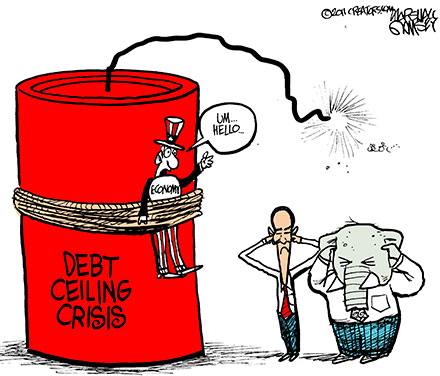Republicans' Budget Strategy Is in Doubt
Some analysts believed that Republican lawmakers acted in such a desperate way because they did not want to be accused of blocking the implementation of health care reform ineffectively. But now, more and more people within the party are dissatisfied with this strategy.
Because health care reform is seen as Obama’s main accomplishment during his first term, it is impossible to prevent the implementation of the scheme. According to The Washington Post, at least 12 Republican congressmen planned to support the temporary funding bill without any additional conditions.
Some analysts also pointed out that the continued government shutdown is not good for the Democratic Party, but it is even worse for the Republican Party. The Republicans’ action in the House is subject to the extremely conservative tea party members. There are concerns that the government shutdown will deepen the split inside the party and affect its performance in the mid-term election in November 2014, and even the opportunity to regain the White House in 2016.
Their fears could become reality. In late 1995 and early 1996, the Republican Party wrangled with the Democrats on budget issues because they opposed President Clinton's universal health insurance plan, which caused two government shutdowns. As a result, Clinton’s popularity rose instead of falling, and he ultimately won re-election. The Republicans were the big losers.

